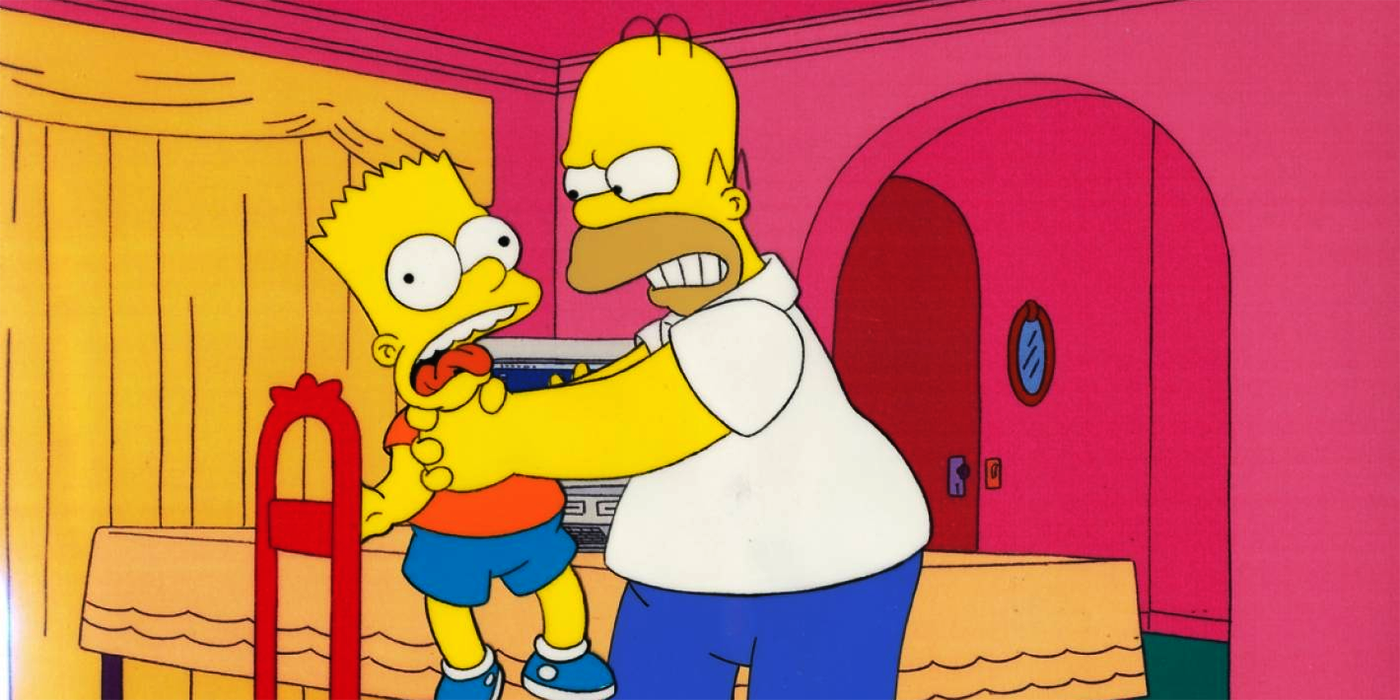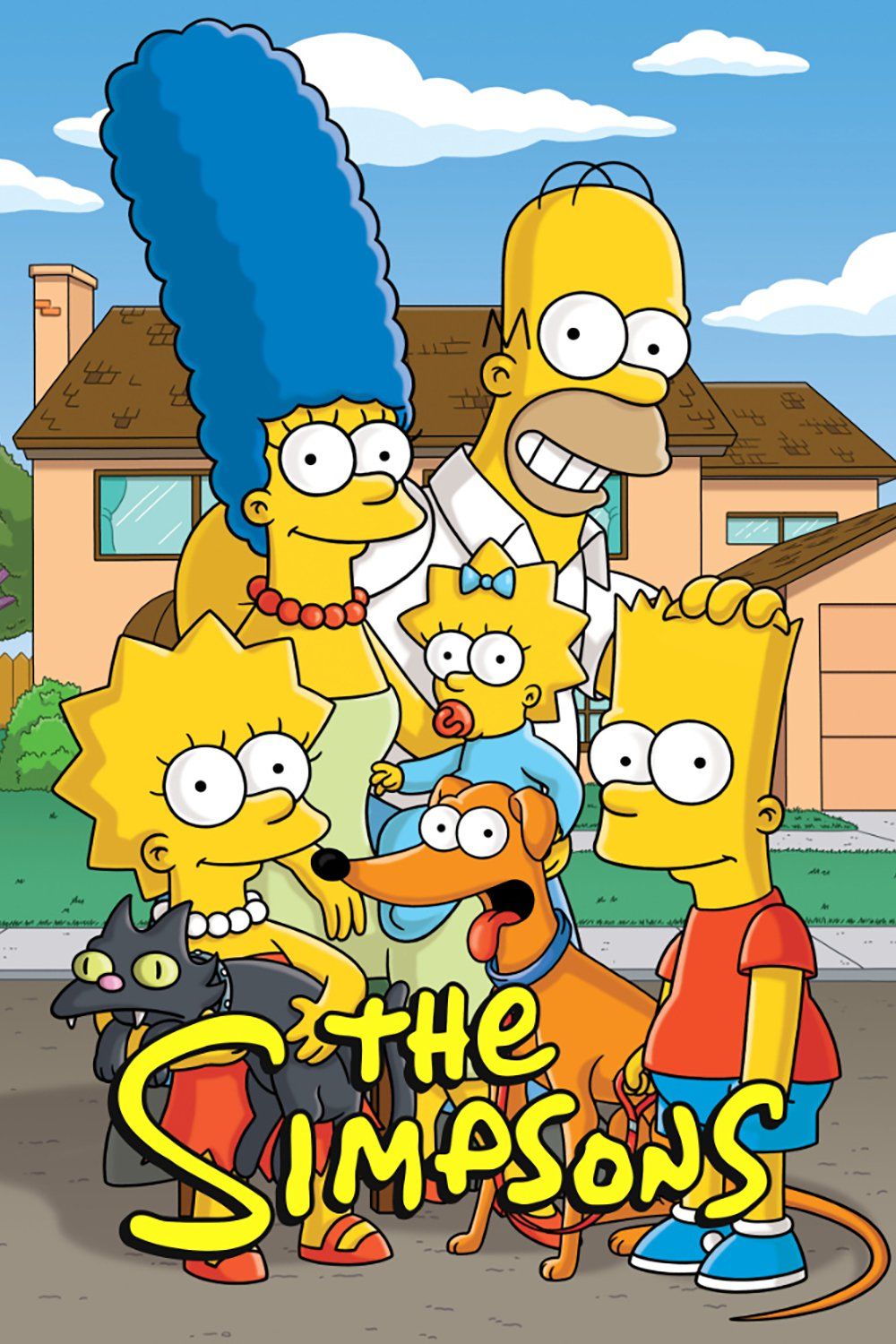While The Simpsons has been criticized for unintentionally turning Homer into the show’s villain, season 35 has proven that this approach can work when undertaken on purpose. Despite being the show’s principal character, Homer is no stranger to villainous roles, with previous seasons exploring his capability of holding an antagonistic presence in the series. Homer’s gradual change from a dimwitted but well-meaning everyman into a callous, thoughtless figure was roundly viewed as a major misstep.
“Jerkass Homer” soon became a phrase for this new version of the show’s main character, with fans online arguing that Homer now resembled Family Guy’s Peter Griffin or South Park’s Cartman more than his old self. However, The Simpsons season 35 is proving Homer could be a great anti-villain if the creators of the series approach this idea with more care. While Jerkass Homer was a character who acted cruelly on impulse for cheap laughs, the version of Homer seen in The Simpsons season 35’s best episodes tries to do the right thing but constantly finds himself tempted by promises of material rewards or petty authority.
The Simpsons Season 35 Made Homer A Villain Twice
In The Simpsons season 35 premiere, “Homer’s Crossing,” Homer became an overpowered, corrupt crossing guard mere days after he took on the job. Meanwhile, in The Simpsons season 35, episode 6, “Iron Marge,” he became an overzealous neighborhood watchdog for the sake of viral popularity as his use of a NextDoor-parodying app resulted in Homer constantly creating public panics to boost his ego. While Homer controversially strangling Bart proves that the character was never an unambiguous hero or a role model, these plots are notable for turning Homer into a villain throughout an episode’s story. Not coincidentally, this gambit was used by earlier Golden Age episodes too.
In classic outings like season 5, episode 11, “Homer the Vigilante,” Homer allowed his hubris, egotism, small-minded outlook, and other character flaws to get the better of him. Even though this episode predates the Jerkass Homer phenomenon by decades, the critically beloved outing saw Homer become the leader of a violent militia that preys on the public and proves useless at their stated goal of stopping a local cat burglar. As dark as this plot was, the story worked because, like both of season 35’s best Homer subplots, the episode started with Homer in a heroic role and gradually allowed his flaws to take over his new job.
Homer’s Villain Roles Make Him Great

Episodes that cast Homer as the villain of The Simpsons highlight his shortsightedness, his self-centered attitude, and, ultimately, his innate good nature. As such, they give Homer a rounded character arc he needs. While using Mr. Burns as the villain of The Simpsons also works, making Homer the bad guy in his own show allows the series to mock its hero and his flaws while still letting viewers root for him. When Homer becomes a violent militia leader, a blatantly corrupt public official, or even just an insufferable moral guardian, viewers want to see him resist this latest obsession and return to his old self by the episode’s ending.
The Simpsons Season 35 Fixed Jerkass Homer

Unlike the Jerkass Homer that fans roundly rejected in earlier entries, the Homer of season 35 is no longer mean and thoughtless just for the sake of it. Instead, these episodes give Homer a modicum of power just to prove that it will corrupt him, a more complex story that relies on his relatable flaws and not merely having him act cruelly for cheap laughs. Much like The Simpsons season 35 changing the show’s format regularly to keep things feeling fresh, this approach allows the show to prove that Homer is not really a bad guy while also highlighting the fact that he is not much of a classic hero, either.
Homer doesn’t need to be unambiguously heroic for The Simpsons to succeed. Even during the show’s Golden Age, he was a character defined by his flaws as much as his qualities, and it was these flaws that made him such a refreshing divergence from the idealized television fathers of Father Knows Best, The Waltons, and The Cosby Show. However, he also isn’t an uncaring, villainous lead character like the antiheroes of edgier adult animated shows, and he shouldn’t become one. Thus, Homer’s stories need to find a balance between his flaws and his innate decency, something that The Simpsons season 35 has admirably managed to pull off in recent outings.

The Simpsons
- Release Date:
- 1989-12-17
- Cast:
- Tress MacNeille, Julie Kavner, Harry Shearer, Pamela Hayden, Nancy Cartwright, Hank Azaria, Dan Castellaneta, Yeardley Smith
- Genres:
- Animation, Comedy
- Seasons:
- 34
- Story By:
- Matt Groening and James L. Brooks
- Writers:
- Matt Groening, James L. Brooks, Sam Simon
- Network:
- FOX
- Streaming Service:
- Sam Simon
- Franchise(s):
- The Simpsons
- Directors:
- David Silverman, Jim Reardon, Mark Kirkland
- Showrunner:
- Al Jean




